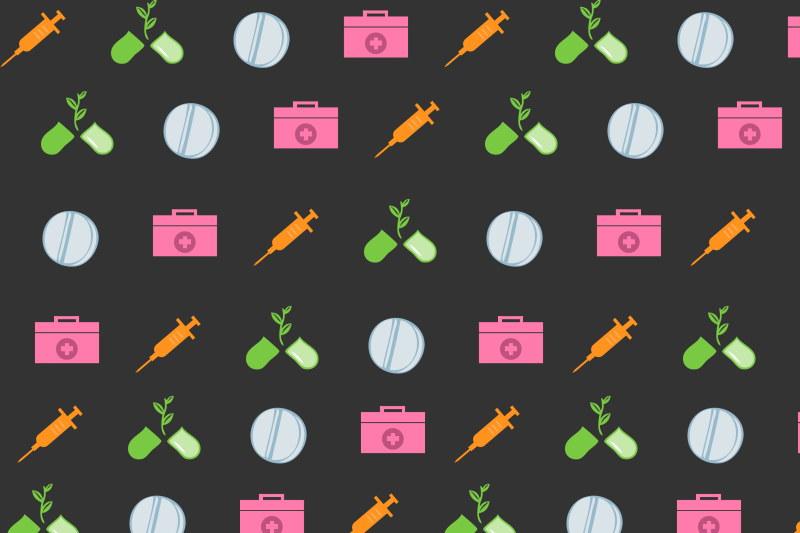
Written By Alex Matkevich
Many patients are on either one, two or many medications to manage a variety of acute and chronic illnesses. When completing your health history, it is important to include all of the medicines you take including Complementary and Alternative medicines [CAMs]. You may need to stop some medicines two weeks before, or others might need to be adjusted around the time of surgery.
Anti-Coagulant Therapy
If you have a history of cardiac, cerebrovascular or vascular events (such as clots) and you take any anticoagulant therapy, do not stop taking this medicine. Speak with your surgeon, anesthetist or prescribing doctor.
Anti-Inflammatory Drugs
Non-steroidal type anti-inflammatory medicines— also known as NSAIDS— are not suitable to take for two weeks prior to surgery. These types of drugs increase the risk of intra-operative and post-operative bleeding. If you are unsure if any of the medicines you take fall into this category, ask your pharmacist, surgeon or prescribing doctor.
Complementary and Alternative Medicines
The interaction between many CAMs and anesthetic drugs is unknown, so it is wise to stop using them two weeks before surgery. Some herbal and alternative medicines also work similarly to anti-inflammatory drugs.
These include, and are not limited to:
- Ginkgo
- Ginger
- Garlic
- Echinacea
- Ephedra
- Evening Primrose Oil
- Fish Oil
- Krill Oil
- St John’s Wort
- Turmeric
- Willow Bark
Remember to include all of these medicines on your health history. Speak to your naturopath, pharmacist or surgeon if you have any questions about CAMs.
Diabetic Medication
If you take medicine to control your blood sugars and manage diabetes, your regular doses might need to be adjusted. Speak to your surgeon and trusted GP on how to manage your diabetes medication around the time of surgery.
Drugs and Alcohol
It is best to abstain from cigarettes, drugs and alcohol around the time of surgery. Drinking alcohol, consuming recreational drugs and smoking tobacco can impact on your recovery and increase your risk of complications. If you have trouble managing your use of tobacco, drugs and alcohol around the time of surgery, speak to your GP and surgeon who can help.
If you have any questions about the medicines to avoid before surgery or your upcoming surgery with Dr Barakate, or would like to make an appointment to see an ENT Specialist, Contact us today.



